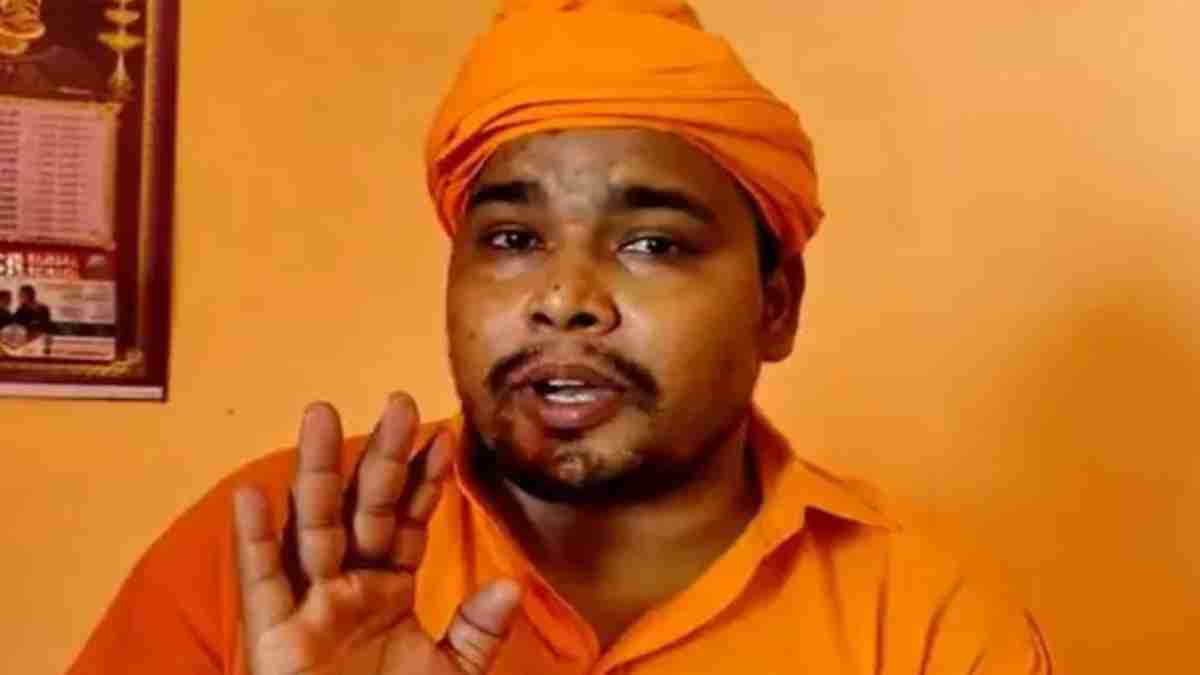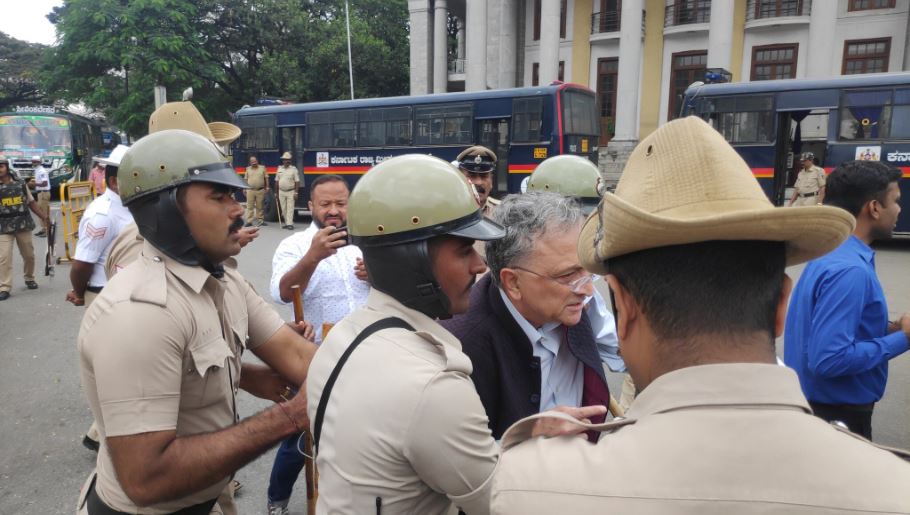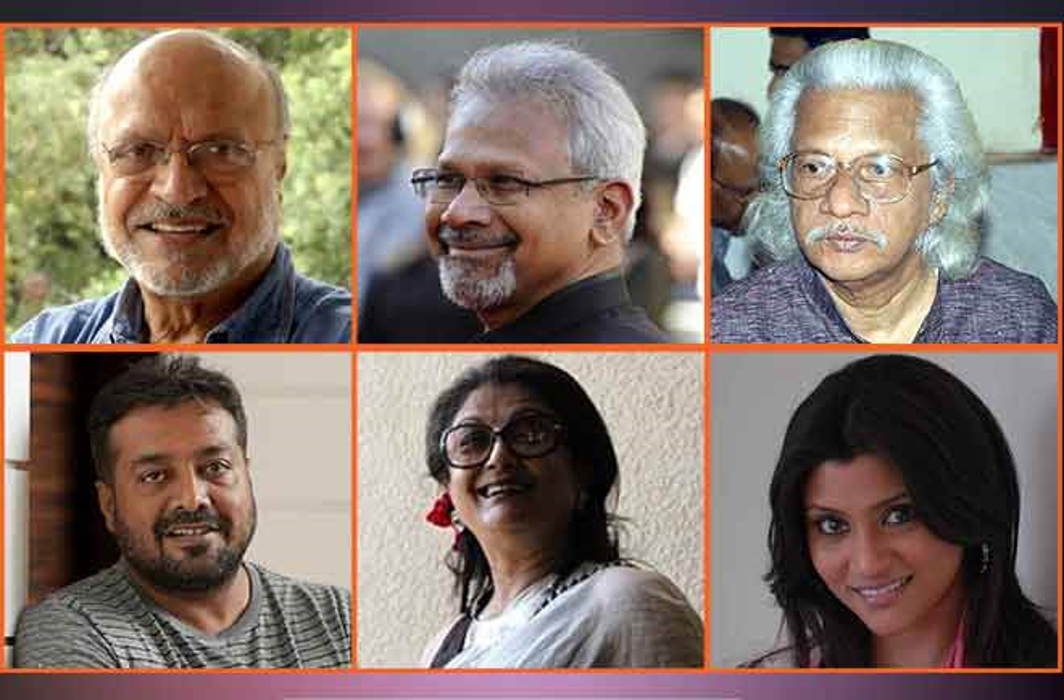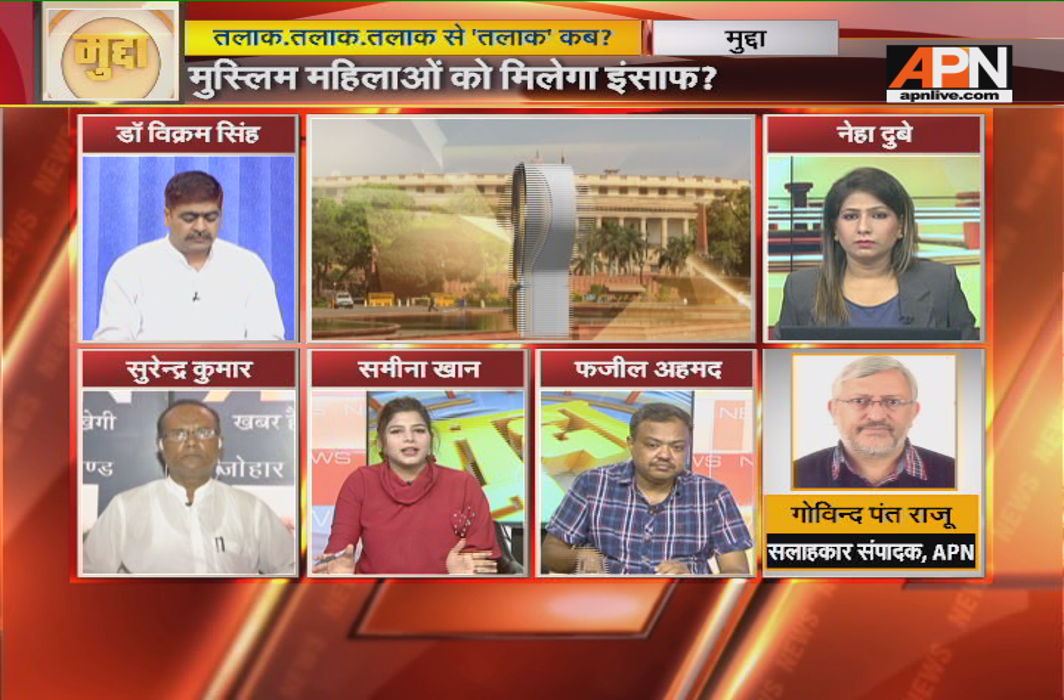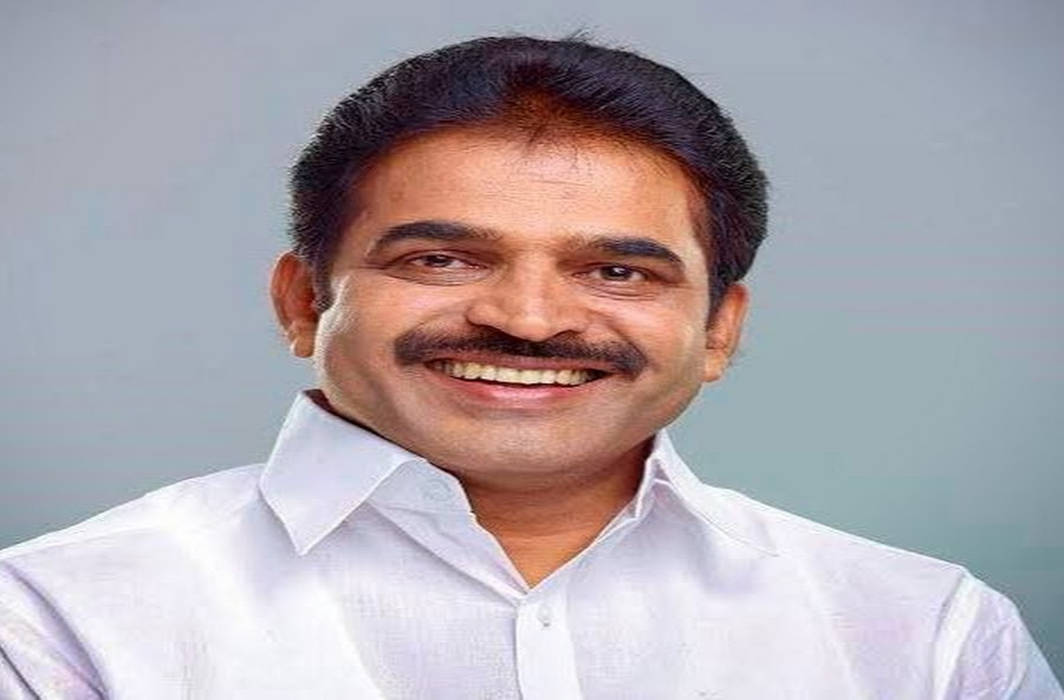India News
The Raging Guha-Mander Debate Deserves Wider Participation
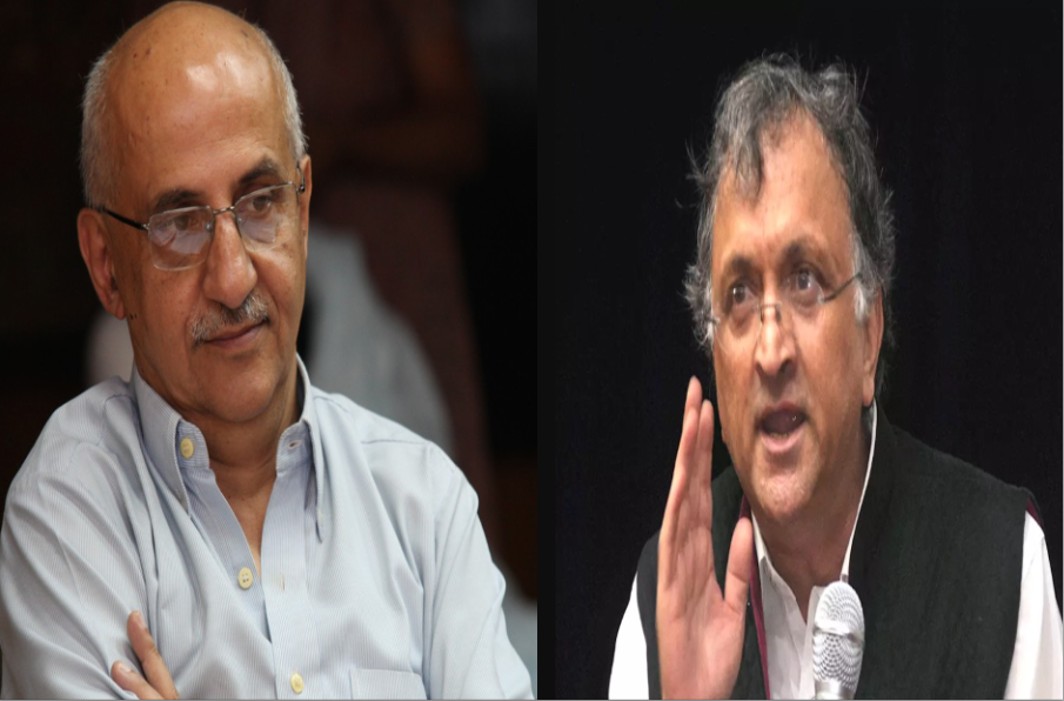
~By Saeed Naqvi
It does not surprise me that the continuing debate on the Op-Ed page of the Indian Express on the Muslim predicament skirts fundamental issues. The debate has been triggered by Ramchandra Guha disagreeing with Harsh Mander on the Muslim question.
Mander’s column, headlined “Sonia, Sadly”, expresses his hurt at Sonia Gandhi’s public expression of fear that the Congress was being perceived as a “Muslim Party”.
In the very first paragraph of his column, Guha plucks out a quote from Mander. “A Dalit leader tells Muslims who come to political meetings: By all means come in large number to our rallies. But don’t come with your skull caps and burkas.”
“Mander is dismayed at this gratuitous attempt to get Muslims to voluntarily withdraw from politics.” But Guha disagrees with Mander’s interpretation of what the Dalit leader said. Guha is emphatic: “while the words may be harsh and direct, the spirit of the advice was forward looking”, i.e. don’t come in skull caps and burkas.
This, I suspect, is the crux of the matter. Guha is endorsing the new line enunciated by the Congress Party: Keep Muslims at arm’s length just in case the BJP spin doctors pick up this visual to polarize. Rahul Gandhi’s frenetic temple hopping, janeu et al, is in pursuit of this soft saffron.
Apoorvanand, Harbans Mukhia, Mukul Keshavan, Mani Shankar Aiyar, Suhas Palshikar, Irena Akbar, Khalid Ansari, Jawed Naqvi, why, even Mander himself, have all written sensitively, even knowledgably on the subject. But Guha is a class apart: Muslims must give up skull caps and, to balance matters, Hindus their trishuls. His desire to equalize permeates the article. Praveen Togadia and Yogi Adityanath are bad but Guha will have his little orgasm only if Asaduddin Owaisi and Ali Shah Geelani are mentioned in the same breath. Togadia wants Muslims to leave the country. “Occupy their homes” he once famously said in Gujarat. Without batting an eyelid, Yogi heard his cohorts ask for buried Muslim women to be dug out from their graves and raped. Show me a comparable quote from Owaisi or Geelani.
“Yeh ajeeb majra hai ki baroz e Eide qurbaan
Wohi zubah bhi kare hai wohi le sawab ulta”
(Look at the illogical system of the ceremony of sacrifice.
He who slaughters claims the reward for paradise.)
The tragedy is that Guha belongs to the category of people who, because of their celebrity status, imagine that eminence in one field qualifies them to claim proficiency in all the others. His inadequacy on the theme he has rushed into unprepared, derives from a common malaise: he is a creature of uninstitutionalized apartheid which means separate development.
It would be interesting to know if Guha has ever visited Muslim homes or the other way around when he was a child. Did he know Muslims in school or college whose friendship he still values? Even if he is able to blurt out a name or two the undeniable truth will be that he has grown up only with his ilk. He has no experience of Muslims. He is not alone in this category.
A sharp contrast attends my circumstance. I, along with my three brothers grew up only among Hindus. Apartheid therefore didn’t touch us. Since our informal education was continuous since birth, we knew fairly early that Al-Biruni wrote Tarikh al Hind after his extended stay beginning 1017. Moinuddin Chishti, Shahbaz Qalandar and a host of Sufis and Saint poets like Kabir from the 12th to 14th centuries were spreading Vasudhaiva Kutumbakam, paving the way for Abdul Rahim Khan-I-Khana who ended up writing the only Sanskrit verses in praise of Lord Rama. In his brilliant Persian poetry in the 17th century, Chandrabhan Brahman felt secure enough to taunt and tease the Muslim clergy.
Yagana Changezi, a 20th century poet, questions a basic tenet: why must namaz be said in a foreign language? If all of this sounds like nostalgia, let me invite you to Lucknow for an evening of spiritual poetry on Ahl al-Bayt or the Prophet’s family. The poet, Sanjaya Mishra, was a favourite with my mother who died three years ago. She had special vegetarian meals prepared for him.
I have shed light on the tiniest strand in the vast expanse of Muslim liberal traditions. Since the 16th century these have been bound up inextricably with the waxing and waning of Urdu in which Hindus and Muslims equally participated. The first great writer of Urdu prose was Pandit Ratan Nath Sarshar.
How many liberals know that there is not a single couplet in Urdu which praises the Mullah or endorses orthodoxy of any kind.
Did you know that most of the poetry on Krishna, Rama in the last century has been written by Muslims? I will only confuse the issue if I bring in Kazi Nazrul Islam, Salbeg, Bekal Utsahi or Nida Fazli.
It puzzles me why liberal intellectuals sometimes fall prey to a tendency that the politician has cultivated as a calculated habit: consider the Muslim only as a religious category. Why must Muslim achievements in poetry, music, architecture, systems of governance not be celebrated? Such an exercise would surely cast them in a liberal mould. Guha might then heave a sigh of relief.
A false quest for a liberal Muslim leader almost flows from the above approach. A liberal Muslim leader, I never tire of repeating, is a contradiction in terms. That is an illiberal quest. Are we never going to find a Hindu whom Muslims can trust and the other way around? That must be the only possible way ahead.
India News
Religious outfit vandalises The Blessed Mother Teresa High School in Telangana after teachers object to students wearing Hanuman Deeksha dress
The Religious group broke glass windows and flower pots and pelted stones on the statue of St. Mother Teresa at the school’s entrance. The religious outfit also attacked Father Jaimon Joseph, the school manager.
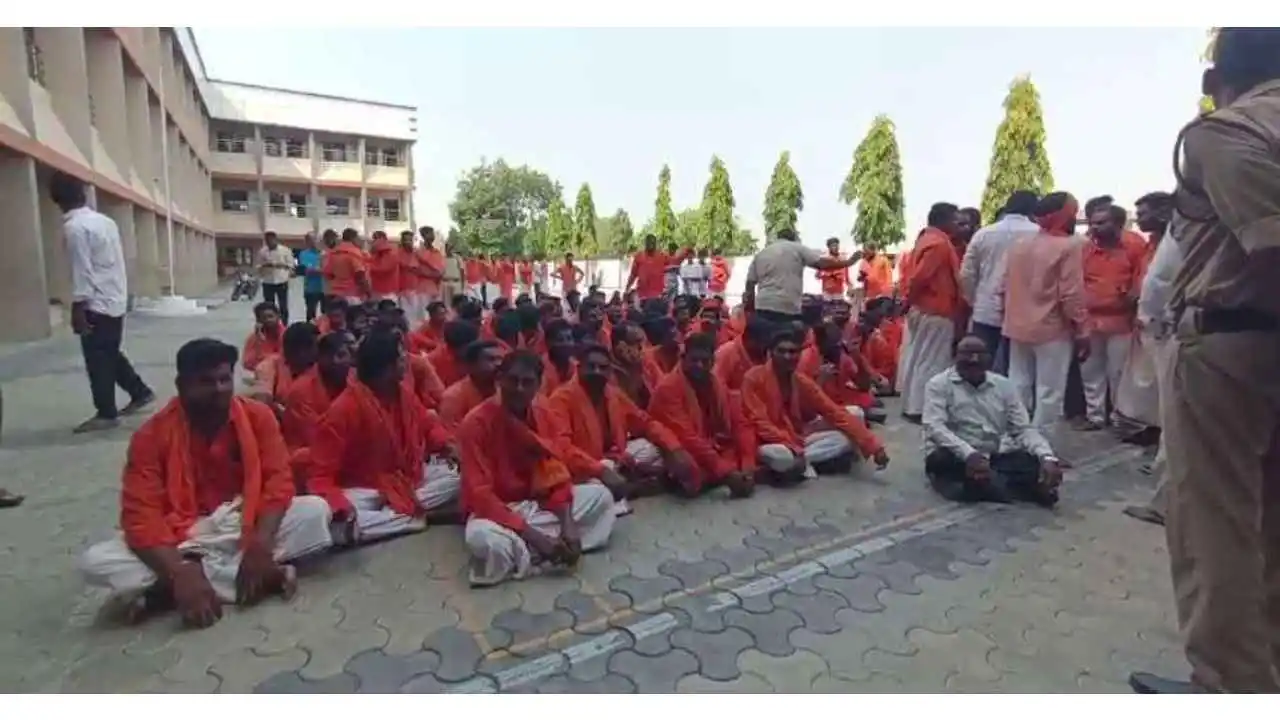
A religious group shouting Jai Shri Ram has vandalised a Catholic school and assaulted a priest in Telangana’s Mancherial district on Tuesday. The saffron mob staged protest and vandalised The Blessed Mother Teresa High School in Kannepally village. They broke glass windows and flower pots and pelted stones on the statue of St. Mother Teresa at the school’s entrance. The religious outfit also attacked Father Jaimon Joseph, the school manager.
The priest who is a member of the Missionary Congregation of the Blessed Sacrament (MCBS) said some of members of the mob even slapped and threw punches at him while others attacked him from behind. The religious outfit accused the school management of not allowing Hindu students to wear their religious costumes. The school authorities said the allegation made by the mob is misleading and has no truth in it.
Earlier, the students who wore religious costumes had informed the school principal that it was part of a 21-day special religious practice. The principal said he had only asked the students to bring their parents to school after noticing that they are not wearing the school uniform.
Later, members of the religious outfit started protesting outside the school. They demanded action should be taken against the management for stopping the students from entering the school and appearing for their annual examinations as they were wearing the Hanuman deeksha dress.
The priest said soon after the video started circulating on social media and became viral with hate messages against Christians. After this incident many Hindus reached the school and vandalized it. A complaint has been lodged at the local police station by the school management, but no arrests have been made so far. Instead of taking action against the miscreants, the police have filed a case against the school management for hurting religious sentiments of the local people.
India News
Clashes erupt during Ram Navami procession in West Bengal’s Murshidabad district
BJP leader Suvendu Adhikari wrote a letter to the West Bengal Governor and sought a probe by the National Investigation Agency (NIA) into clashes and violence during a Ram Navami procession in Murshidabad’s Rejinagar area.
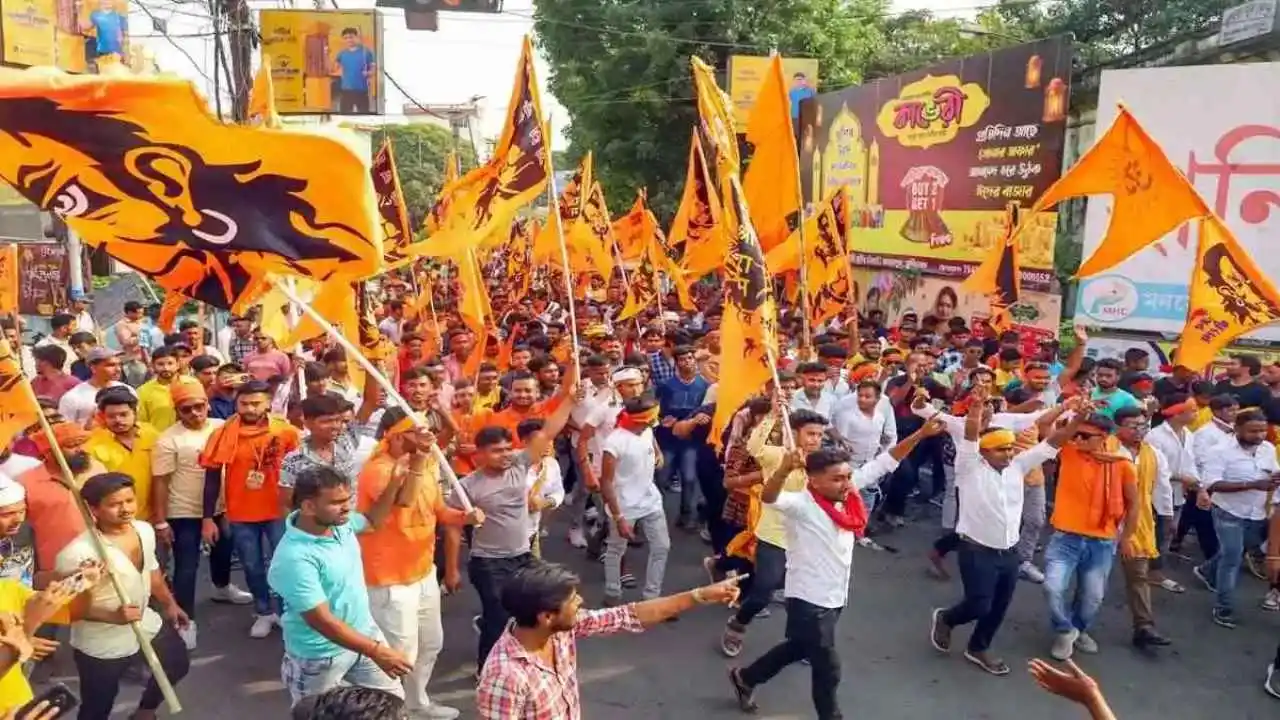
Clashes and violence erupted during the Ram Navami procession in the Shaktipur area of Rejinagar, Murshidabad district, West Bengal on Wednesday. According to reports, the stone-pelting started taking place when the Ram Navami parade was underway as people threw stones from their rooftops. The situation reached a point where the police had to resort to a lathi charge. Some individuals sustained injuries during the clashes and violence. The BJP alleged that Hindu devotees were targeted in Rejinagar.
BJP leader Suvendu Adhikari wrote a letter to the West Bengal Governor and sought a probe by the National Investigation Agency (NIA) into clashes and violence during a Ram Navami procession in Murshidabad’s Rejinagar area. Around 20 people were injured after stones were thrown at the Ram Navami parade from rooftops. The police has imposed Section 144 in the area.
Another incident took place during the Ram Navami parade, as an explosion went off in Shaktipur, Murshidabad, which resulted in injuring a woman. The woman was taken to the Murshidabad Medical College and Hospital, and the police have started investigating the matter. But, it is still not clear whether the explosion was caused by a bomb or some other reason.
The BJP also alleged that another Ram Navami parade was attacked and pelted with stones in Medinipur’s Egra. BJP leader Amit Malviya said party workers would gherao the Egra police station to protest the brutal attack. Amit Malviya tweeted that Hindu devotees were singled out during the Ram Navami celebrations in Rejinagar, Murshidabad. He further added Mamata Banerjee is a blot on West Bengal.
Many videos are circulating on social media, which show people throwing stones at the procession from their rooftops. The police had to conduct a lathi charge and also fired tear gas shells to disperse the crowd. The police have said that the situation has been brought under control, and additional security forces have been stationed in the area.
2024 Lok Sabha Elections
Election Commission advises Bengal Governor to not visit Cooch Behar on voting day
The Election Commission advised the Bengal Governor to call off his proposed visit to Cooch Behar on April 19.
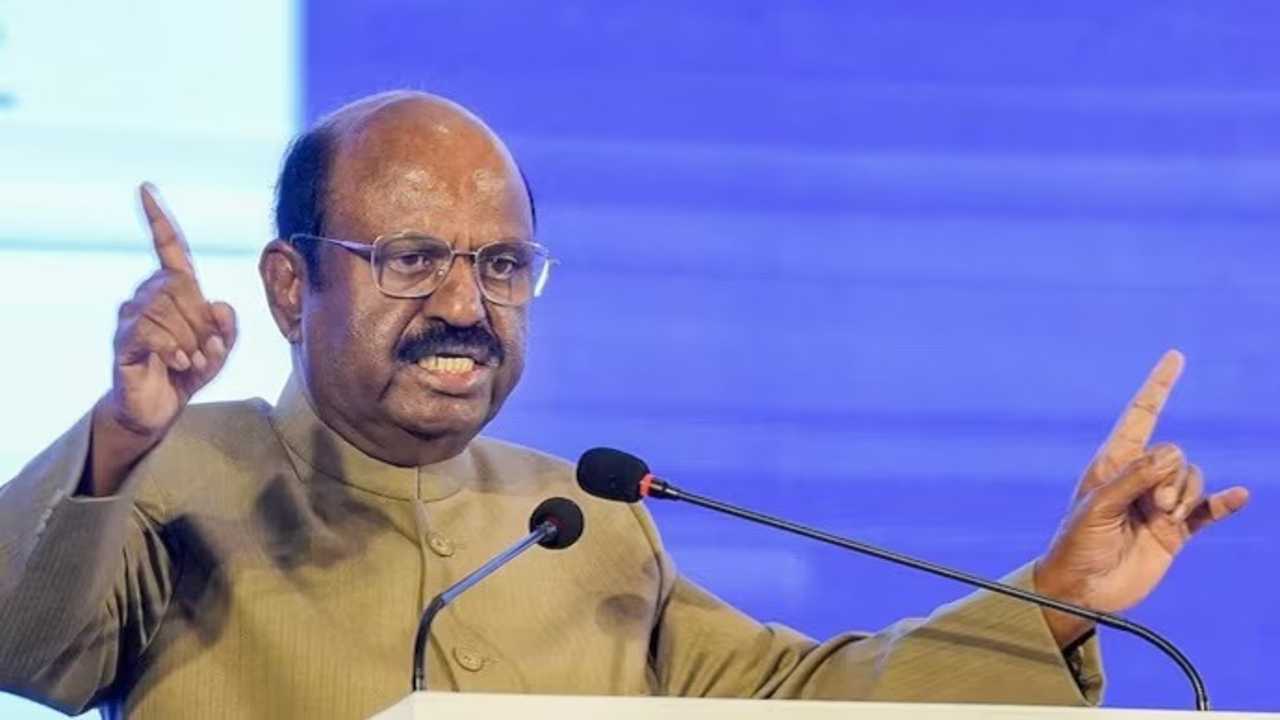
West Bengal governor CV Ananda Bose has been warned by the Election Commission of India (ECI) not to visit Cooch Behar on April 18 and 19, since the first phase of the Lok Sabha polls will begin with a silence period on Wednesday evening.
According to those familiar with the situation in the EC, the poll body informed the governor’s office that no local program could be planned for the governor on April 19 due to the Model Code of Conduct and the election day.
The poll body added that if they had to provide local security cover for this unexpected proposed visit without a imminently known requirement, the tour would be a diversion because the district administration and police force will be completely occupied with election management on April 18 and 19.
As a result, under Section 126 of the Representation of People Act, campaigning is prohibited in Cooch Behar starting at 6 p.m. on Wednesday.
In order to ensure a free and fair election process, the poll board has asked all district election officers and district police chiefs to make sure that all prominent individuals, campaigners, and political workers who are not local voters leave the polling area once the silence period begins.
The seven phases of the 2024 Lok Sabha elections will take place between April to June. Polls will be conducted in seven phases: the first on April 19 and the seventh on June 1. On June 4, the results will be announced.
-

 India News23 hours ago
India News23 hours agoLamborghini Gallardo worth nearly Rs 1 crore set on fire over business dispute
-
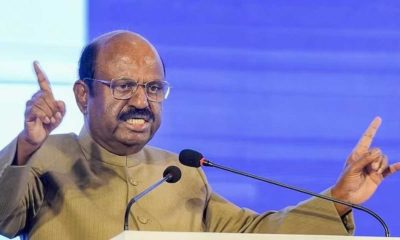
 2024 Lok Sabha Elections22 hours ago
2024 Lok Sabha Elections22 hours agoElection Commission advises Bengal Governor to not visit Cooch Behar on voting day
-
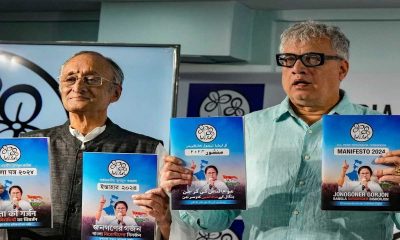
 2024 Lok Sabha Elections23 hours ago
2024 Lok Sabha Elections23 hours ago2024 Lok Sabha elections: TMC releases manifesto, Mamata Banerjee vows to scrap CAA, stop NRC
-
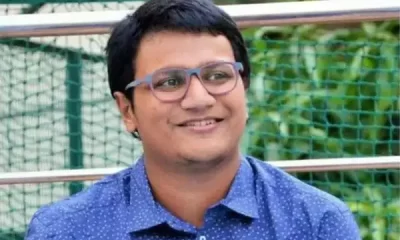
 Trending22 hours ago
Trending22 hours agoSocial media users pay tribute to viral sensation Abhradeep Saha as Angry Rantman dies at 27
-
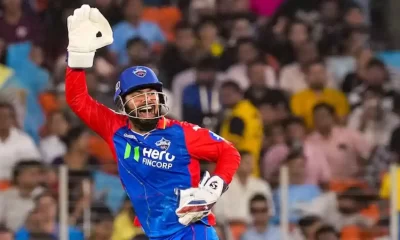
 LATEST SPORTS NEWS6 hours ago
LATEST SPORTS NEWS6 hours agoIPL 2024: Delhi Capitals thrash Gujarat Titans by 6 wickets
-
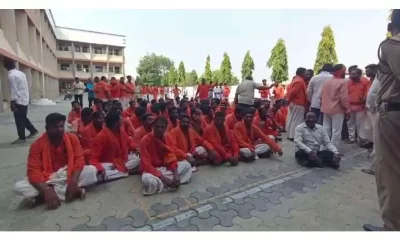
 India News3 hours ago
India News3 hours agoReligious outfit vandalises The Blessed Mother Teresa High School in Telangana after teachers object to students wearing Hanuman Deeksha dress
-
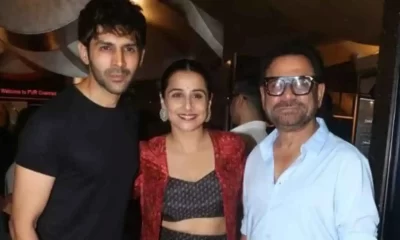
 Entertainment2 hours ago
Entertainment2 hours agoBollywood stars Vidya Balan, Kartik Aaryan, Pratik Gandhi, Ileana D’Cruz, Mouni Roy, Radhika Madan, Mrunal Thakur attend Do Aur Do Pyaar premiere
-
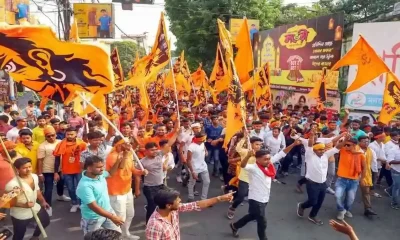
 India News5 hours ago
India News5 hours agoClashes erupt during Ram Navami procession in West Bengal’s Murshidabad district

